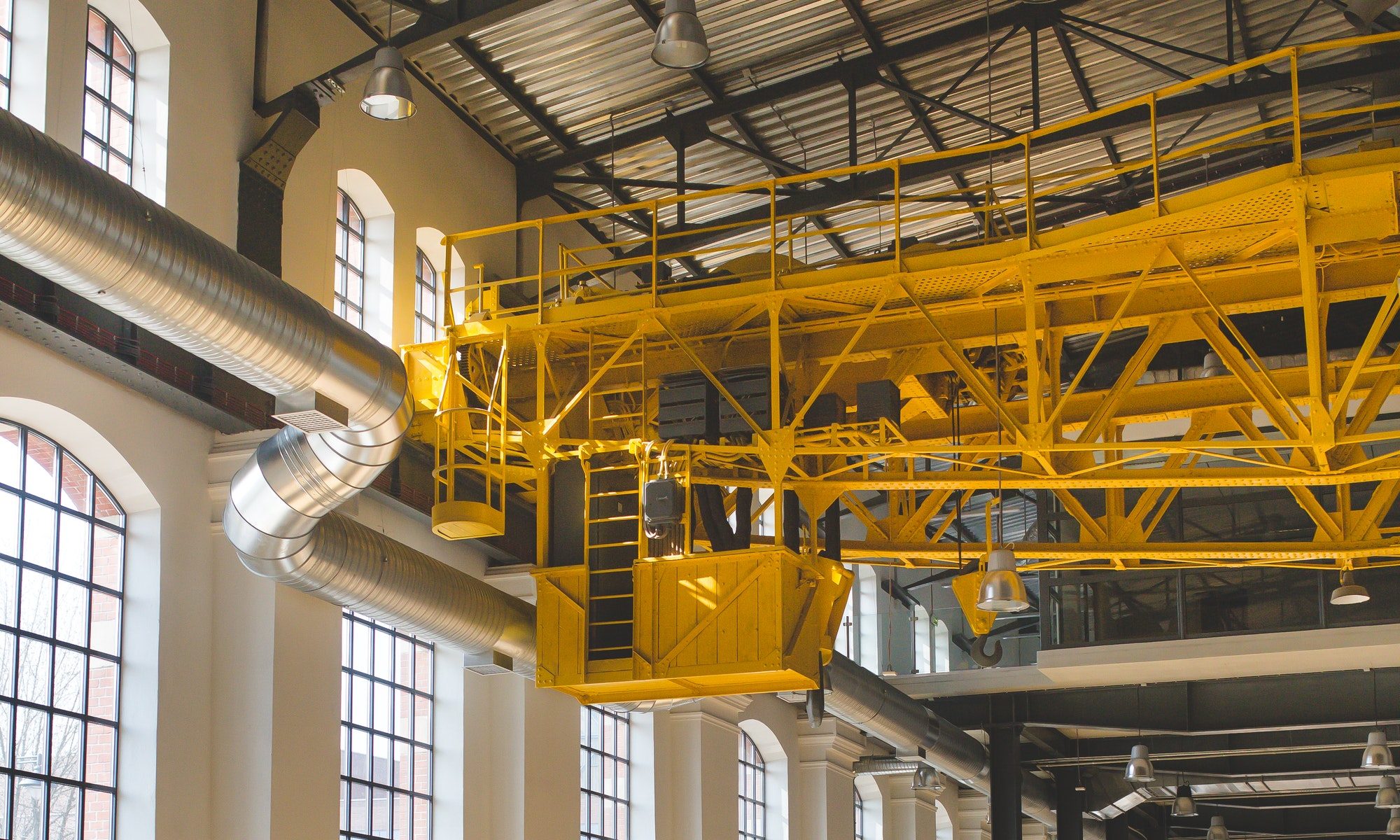Introduction:
In an era marked by rapid technological evolution in pharmaceutical manufacturing, regulatory compliance emerges as a critical anchor, ensuring safety, efficacy and quality in pharmaceutical products. Adherence to regulatory standards is imperative to safeguard public health and maintain trust, especially as modern manufacturing processes become more intricate and interconnected.
What are the Pillars of Regulatory Compliance?
First of all Quality Assurance, ensuring that every pharmaceutical product conforms to established quality standards is paramount, with modern manufacturing technologies enabling more stringent and consistent quality checks throughout the production process.
Secondly, Documentation and Record keeping: Accurate and comprehensive documentation of manufacturing processes, validations and quality checks is crucial for demonstrating compliance and facilitating audits.
What is the Role of Modern Manufacturing Technologies?
Modern technologies facilitate real-time monitoring and control of production processes, enabling immediate corrective actions and ensuring consistent adherence to quality standards. Advanced IT systems ensure the accuracy, consistency and security of data, which is vital for demonstrating compliance and protecting sensitive information. Data Integrity and Security should even be at a high level to allow Modern Manufacturing Technologies.
How does the Regulatory Landscape look like currently?
The regulatory landscape is continually evolving, with agencies like the FDA and EMA implementing new guidelines to address the complexities introduced by modern manufacturing technologies. Efforts are underway to harmonize regulations across different regions, even globally, aiming to create a cohesive international regulatory framework for pharmaceutical manufacturing.
What is the impact of Non-Compliance?
Non-compliance can severely tarnish a company’s reputation, eroding trust and potentially leading to a loss of market share. Next to that, companies facing non-compliance issues may incur hefty fines, legal penalties and the costs associated with product recalls and remediation efforts as regulators have become much more active
How to address the Challenges of increasing Regulatory Compliance?
Regular training and awareness programs are essential to keep the workforce abreast of the latest regulatory developments and ensure understanding and adherence to compliance requirements. But only training is not enough, there must be a robust Compliance Management System. Implementing a comprehensive compliance management system enables companies to monitor adherence, manage documentation and streamline compliance-related workflows effectively.
Conclusion:
Regulatory compliance is the linchpin that sustains trust and assures quality in the modern pharmaceutical manufacturing landscape. By embracing advanced technologies and fostering a culture of compliance, pharmaceutical manufacturers can navigate the evolving regulatory terrain effectively. Continuous training and robust compliance management systems are indispensable components in this endeavor, ensuring that the benefits of modern manufacturing technologies are harnessed without compromising on safety, quality, or efficacy, thereby safeguarding public health and upholding the esteemed values of the pharmaceutical industry.
Q7 Consulting is familiar with these challenges and can help you to overcome them. Please contact us if you would like to know more about compliance management systems or ways to improve your regulatory compliance.
